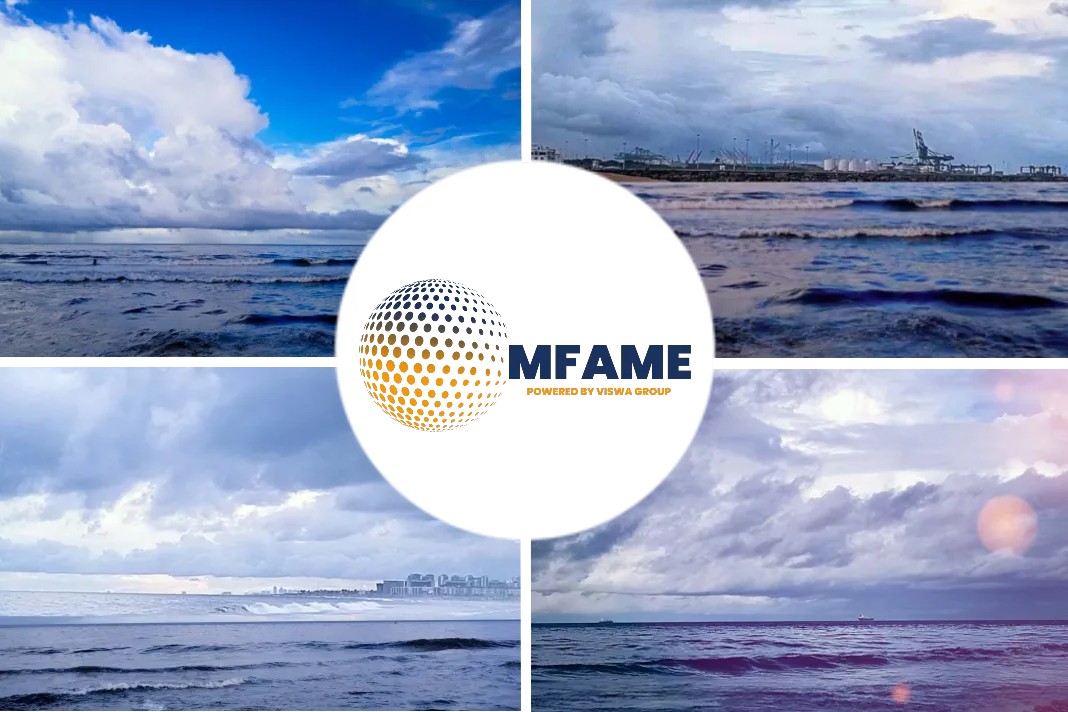
MAN B&W G80ME-LGIM dual-fuel engines have been ordered by Hyundai Samho Heavy Industries Co. and HJ Shipbuilding & Construction Co. (HJSC), respectively, for the construction of nine 9,000 teu container vessels for HMM Co., the largest integrated logistics company in South Korea.
First ordered engines
The engines are the first to be ordered in the G80 bore size and can run on both conventional fuel oil and green methanol. They also have MAN Energy Solutions’ exclusive EGR (Exhaust Gas Recirculation) systems. The brand-new structures will be delivered to HMM in 2025 and will fly on routes to India as well as North and South America. When the G80 engines are delivered, they will be ready for networking and digital services like PrimeServ Help.
Bjarne Foldager, Senior Vice President and Head of Low-Speed, MAN Energy Solutions, said: “This world-first order for a G80 methanol engine is just a continuation of the general market trend toward methanol where the ME-LGIM engine has become the de facto industry standard for large, methanol-fuelled, merchant marine vessels. At MAN Energy Solutions, we expect further projects for this size of container vessel to be specified with our G80 methanol engine within the near future. As such, methanol is quickly becoming the most prominent alternative fuel in the container vessel segment.”
Thomas S. Hansen, Head of Promotion and Customer Support, MAN Energy Solutions, said: “Our thanks for this significant order go to HMM, whose commitment and partnership we value greatly. This new order means that we now have over one-hundred ME-LGIM engines on order or in service. In our open project pipeline, container vessels make up around 61%, followed by both tankers and bulk carriers with 17%, and general cargo makes up the remaining 5%. MAN Energy Solutions’ methanol engines are a proven concept that combine well with methanol’s unique selling points as a fuel that include its easy storage, and simple auxiliary systems, and not to forget that green methanol is entirely carbon-neutral.”
Increasing methanol production
To guarantee the availability of methanol for the vessels, HMM has also negotiated MoUs with numerous fuel suppliers in addition to the new deal. The Methanol Institute (MI) estimates that by 2027, more than 80 renewable methanol projects will produce more than 8 million metric tonnes of e-methanol and bio-methanol annually.
Renewable methanol, also known as bio-methanol or e-methanol, is a low carbon and net carbon-neutral liquid chemical and fuel made from sustainable biomass or from hydrogen and carbon dioxide absorbed during the production of renewable energy.
Together with the increase in projects, MI cites unambiguous evidence of increased production at bio- and e-methanol facilities. It anticipates that over the next five years, each renewable plant capacity will expand from 5 to 10,000 metric tonnes of methanol per year to 50 to 250,000 metric tonnes or more due to continuous technological breakthroughs and increased government backing.
Did you subscribe to our newsletter?
It’s free! Click here to subscribe!
Source: MAN ES
















